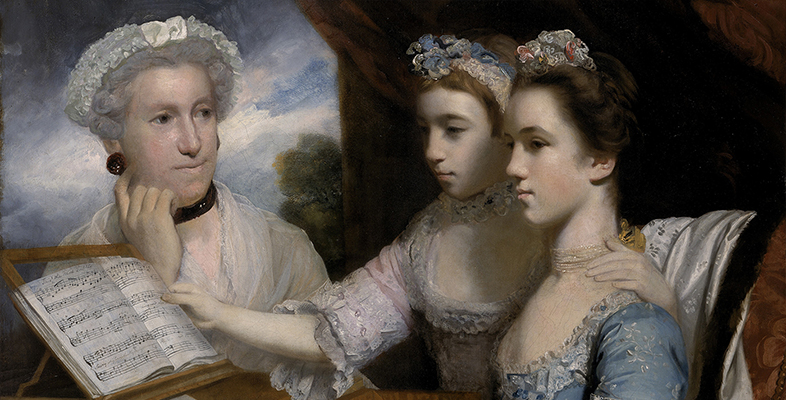4.4 The meaning of V-Discs
Besides the patriotic appearance of the V-Disc label, it was of course the content of these records that held such a valuable message for the American troops stationed abroad during and immediately following the Second World War. Let’s look at two testimonials relating to the production and reception of the records to gain a sense of the reaction of those involved in the programme itself, and of its audience overseas.
Lieutenant Edmond DiGiannantonio (1917–2000), Navy representative for the V-Disc programme:
What initially appeared to be an unimportant assignment turned out to be one that helped to bridge the gap between the home front and the millions of GIs overseas. It soon became apparent that the Army V-Disc group was an assembly of very talented individuals, imbued with a sense of pride in what they turned out for our troops. The product was a reflection of America’s way of life, portrayed in its music. The high calibre of the artistic selections and the technical quality of the V-Discs made this program one of the most important morale sustainers of the war. The V-Discs were a tie to home and presented an almost instantaneous projection of what was transpiring across the musical spectrum in our country.
- Drummer and bandleader Spike Jones (1911–1965) to Robert Vincent (1898–1985), founder of the V-Disc programme, 7 February 1945:
It just occurred to me that I never did tell you before this what an impression V-Discs made upon me and all the rest of us City Slickers during our recent overseas tour for USC. We visited many, many places in England and France, and everywhere we went, we saw the men playing V-Discs. We heard them on the boat going over and on the boat coming home; we played them on the LST boat crossing the channel, and we saw them being played everywhere in France, including in fox-holes! I can state definitely – and I know the fellows agree with me here – that of all the music morale builders, including the various transcribed shows that go overseas, V-Discs are easily the most popular and most effective medium for giving our men the music they want and need to keep going.
Activity 13
Based on these two accounts, what did the individuals involved in the running of the programme feel about it? What about the troops who received the discs? According to these reports, what meaning did the V-Discs have to them?
Discussion
The individuals involved in the production of V-Discs (such as DiGiannantonio and Spike Jones) were obviously proud of the programme and the support it provided to the troops. The popularity of the scheme with the soldiers is clearly expressed in Jones’s report, as is the significance of the V-Discs as a medium for boosting morale. DiGiannantonio emphasises that the music on the discs represented the American way of life to the servicemen, keeping them up-to-date with music in America while they were stationed abroad and providing an audible link to their home.
